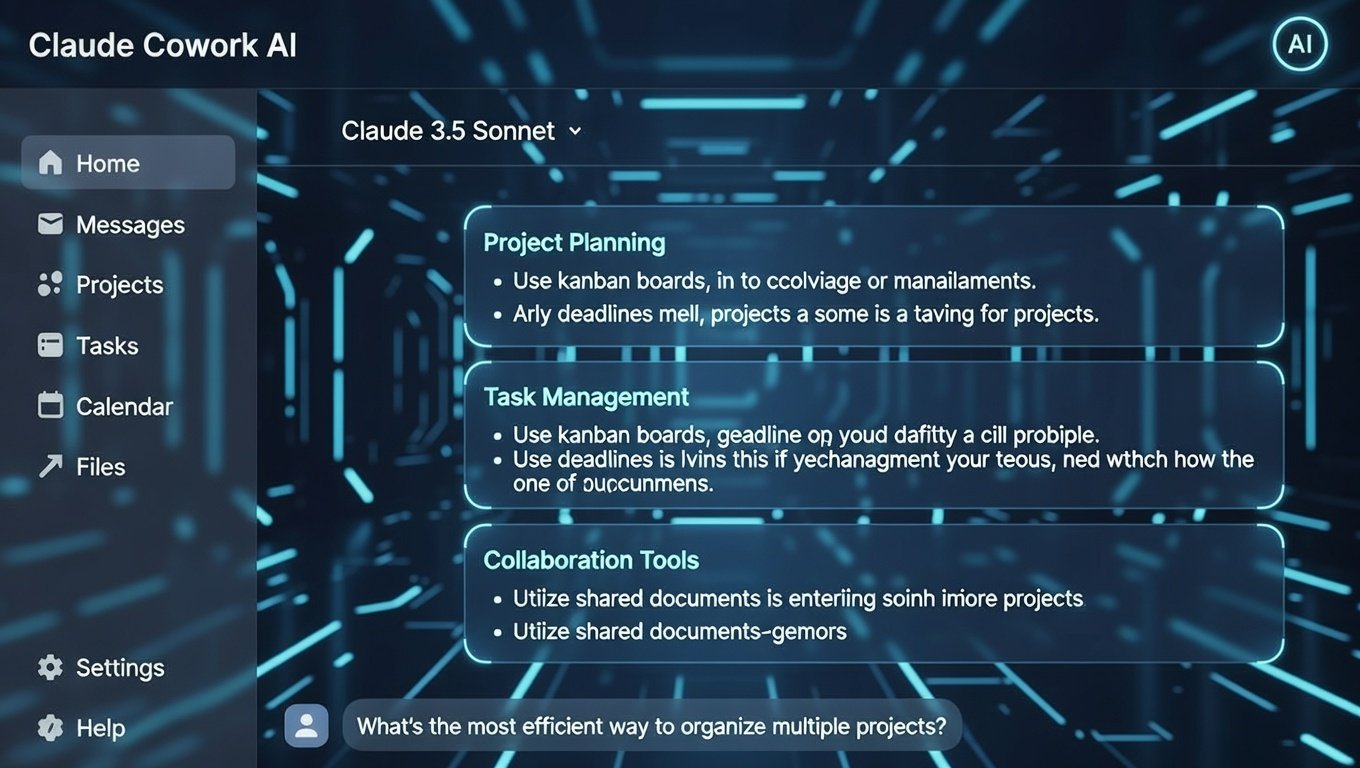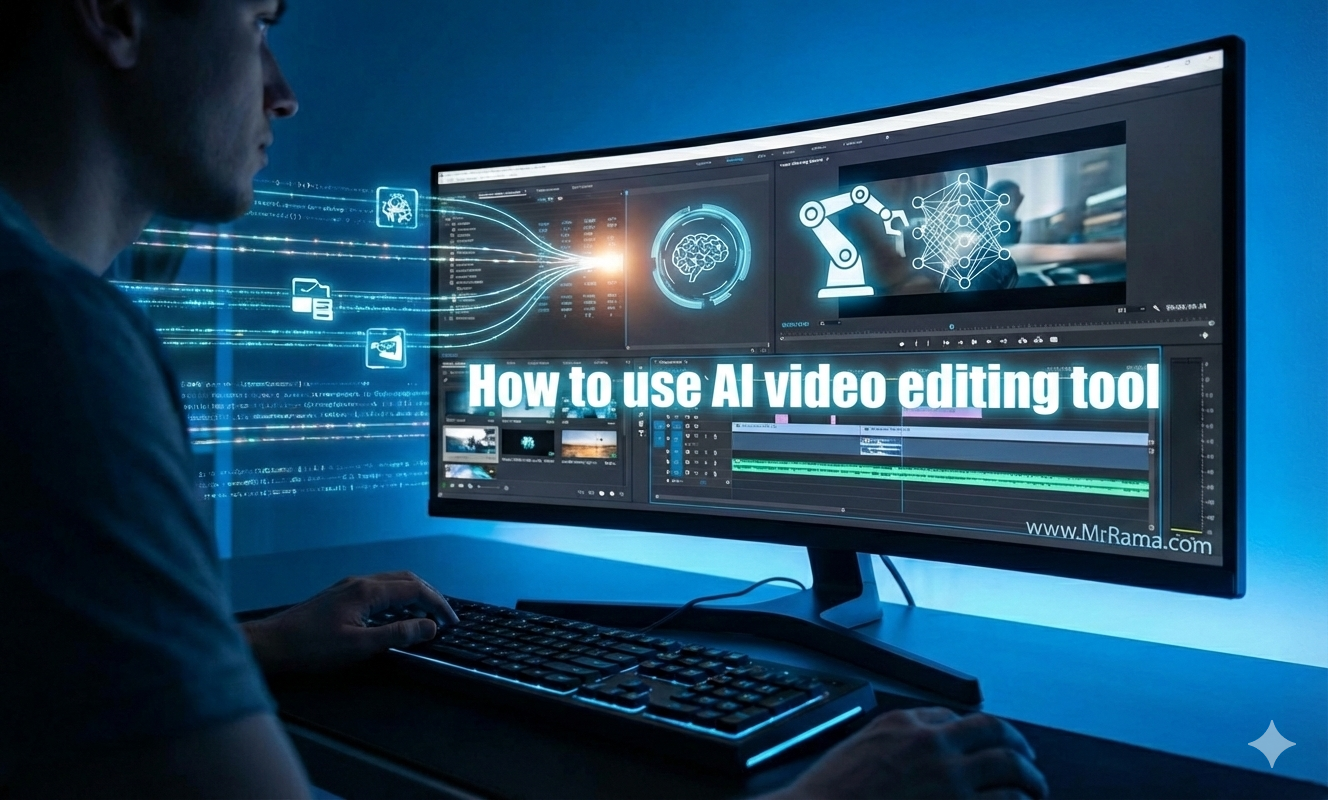rtificial Intelligence has become one of the most discussed topics of this decade.
But behind every big idea, new model, and technological leap, there are thought leaders who shape how AI evolves.
These are the people who not only build the future but also explain it in ways that inspire others.
The United States remains one of the global centers of AI development, with researchers, entrepreneurs, educators, and public figures driving progress in this field.
Whether it’s ethics, innovation, or education, these influencers guide conversations that affect how AI impacts business, creativity, and everyday life.
This blog highlights the Top 20 AI Influencers in the USA, individuals worth following if you want to stay updated, inspired, and informed about the latest AI trends.
Why Following AI Influencers Matters
AI is growing fast. Every day, there’s a new tool, algorithm, or business use case making headlines. Keeping up can feel overwhelming. That’s where influencers play a key role.
These experts break down complex topics, explain new breakthroughs, and help their followers understand how AI tools fit into the real world.
By following credible AI influencers, you can:
- Learn practical applications of AI in different industries. Discover emerging AI Programming Tool trends and best practices
- Understand the ethical and social implications of artificial intelligence
- Stay ahead of industry news and opportunities
Let’s explore the people who are shaping the AI narrative across the United States.
Top 20 AI Influencers in the USA
This list combines a mix of educators, entrepreneurs, researchers, and public figures all making major contributions to the field.
1. Andrew Ng
Co-founder, Coursera & Founder, DeepLearning.AI
Andrew Ng is one of the most respected AI educators in the world. His work focuses on making AI accessible through online learning. His courses have introduced millions to machine learning and deep learning fundamentals.
He also leads projects focused on applying AI to business problems and expanding global AI education.
2. Fei-Fei Li
Professor, Stanford University & Co-Director, Stanford Human-Centered AI Institute
Fei-Fei Li is known for her work on ImageNet and computer vision. She has consistently advocated for human-centered AI — a field that emphasizes empathy and ethics in machine learning.
Her voice is crucial in discussions about responsible AI and diversity in technology.
3. Sam Altman
CEO, OpenAI
As the CEO of OpenAI, Sam Altman has become one of the most recognised faces in the global AI ecosystem. Under his leadership, OpenAI developed ChatGPT and other generative AI models that changed how humans interact with machines.
Altman’s insights into AI governance, safety, and innovation influence policy and business worldwide.
4. Yann LeCun
Chief AI Scientist, Meta (Facebook)
A pioneer in deep learning and neural networks, Yann LeCun continues to shape the theoretical and practical future of AI. His research has improved computer vision, natural language processing, and reinforcement learning systems.
He’s also a strong advocate for open-source research in AI.
5. Lex Fridman
Research Scientist, MIT & Podcast Host
Lex Fridman connects AI, philosophy, and human consciousness through his widely followed podcast. He invites thought leaders from various disciplines to discuss how AI intersects with life, ethics, and technology.
His deep, reflective approach helps make complex AI discussions accessible to general audiences.
6. Jensen Huang
Founder & CEO, NVIDIA
Jensen Huang is the mastermind behind NVIDIA, the company that powers most modern AI systems with its GPUs. His influence extends beyond hardware — NVIDIA has become a driving force in deep learning, simulation, and robotics.
Huang’s vision connects powerful hardware with AI applications that support industries from gaming to healthcare.
7. Gary Vaynerchuk (GaryVee)
Entrepreneur & Marketing Expert
While best known for marketing and business, Gary Vaynerchuk has become a loud advocate for embracing AI as a tool for creativity and content development. He encourages business owners to adopt AI tools to stay ahead in a fast-changing digital world.
8. Allie K. Miller
AI Business Advisor & Former Head of AI, Amazon Web Services (AWS)
Allie K. Miller is one of the top female voices in AI business strategy. She helps companies adopt AI solutions and explains how startups can use AI for growth. Her content bridges the gap between technical knowledge and real-world business use.
9. Kate Crawford
Author & Research Professor, USC Annenberg School for Communication and Journalism
Kate Crawford studies the social and ethical impact of AI. Her book Atlas of AI explores how data, labor, and politics shape the artificial intelligence landscape. She’s one of the strongest voices in AI ethics and fairness.
10. Timnit Gebru
Founder, Distributed AI Research Institute (DAIR)
Timnit Gebru is an advocate for fairness, transparency, and diversity in AI. Her research on bias in AI models has influenced how major companies and researchers address ethical development.
She is one of the most important voices pushing for accountability in technology.
11. Eric Schmidt
Former CEO, Google & Chair, National Security Commission on AI
Eric Schmidt combines his background in business and technology with policy-making. He is now a leading figure in AI governance and national AI strategies. His work focuses on how the U.S. can lead in ethical AI innovation.
12. Jeff Dean
Chief Scientist, Google AI
Jeff Dean has contributed to some of Google’s most advanced AI systems. As a researcher and leader, he oversees machine learning innovations used in products that billions rely on daily — from search to translation.
13. Noam Shazeer
CEO, Character.AI
Noam Shazeer is one of the original creators of the Transformer model the architecture that powers ChatGPT and many AI Programming Tool systems today. His company, Character.AI, focuses on creating AI companions for personal and business use.
14. Alexandr Wang
Founder & CEO, Scale AI
Alexandr Wang started Scale AI to help companies train machine learning models using clean, reliable data. His company is now central to the AI supply chain, supporting major players like OpenAI, Google, and Microsoft.
15. Cathy O’Neil
Author of Weapons of Math Destruction
Cathy O’Neil writes about how algorithms influence social systems like finance, education, and justice. Her critical take on data-driven decision-making makes her a must-follow for anyone interested in AI accountability.
16. Ben Goertzel
CEO, SingularityNET
Ben Goertzel is a pioneer in the field of artificial general intelligence (AGI). Through SingularityNET, he works toward decentralized AI systems and promotes open collaboration among researchers and developers.
17. Andrew Bosworth (Boz)
CTO, Meta
As the Chief Technology Officer at Meta, Andrew Bosworth oversees projects related to virtual reality, augmented reality, and AI research. His perspective links AI with immersive technology and digital experience.
18. Rachel Thomas
Co-founder, Fast.ai
Rachel Thomas has made AI education accessible to learners worldwide. Fast.ai simplifies deep learning so that anyone can start building AI models without complex math or expensive equipment.
Her mission promotes inclusivity and democratizes AI education.
19. Dario Amodei
Co-founder, Anthropic
Dario Amodei previously led research at OpenAI and now runs Anthropic, an AI safety company focusing on building reliable, explainable models. His work influences both corporate ethics and technical innovation.
20. Sean Gardner
AI Strategist & Keynote Speaker
Sean Gardner combines AI insights with digital marketing strategies. He helps organizations use AI for better communication, storytelling, and productivity. His engaging speaking style makes him a bridge between technology and business audiences.
Key Lessons You Can Learn From These AI Influencers
Following AI influencers is more than just reading posts. It’s about observing how they think, question, and predict future trends. Here are a few takeaways from their approaches:
1. Balance Ethics and Innovation
Fei-Fei Li and Timnit Gebru show that AI is not just about speed and accuracy but also about responsibility. Responsible AI ensures fairness and inclusivity.
2. Combine Technical and Business Skills
Allie K. Miller and Gary Vaynerchuk demonstrate how understanding AI Programming Tool systems helps businesses stay competitive and innovative.
3. Stay Curious and Keep Learning
People like Andrew Ng and Rachel Thomas remind us that AI is a continuous learning process. The best way to grow is to keep exploring.
4. Embrace Collaboration
Jensen Huang and Alexandr Wang show that partnerships between startups, researchers, and enterprises drive faster progress in AI applications.
5. Think Beyond Technology
Lex Fridman and Kate Crawford encourage deep thinking about how AI affects culture, psychology, and everyday life.
How to Engage With These Influencers
Here are simple ways to get the most out of following these experts:
- Subscribe to their newsletters or podcasts (like Lex Fridman’s podcast or Andrew Ng’s The Batch).
- Follow them on LinkedIn or X (Twitter) for daily insights and updates.
- Attend webinars or AI summits where they speak.
- Read their books or research papers to gain deeper understanding.
- Engage respectfully — comment, share your perspective, and ask thoughtful questions.
Networking with AI thought leaders can inspire your own projects, whether you’re a developer exploring a new AI Programming Tool or a founder integrating AI into your business.
The AI community in the USA is full of bright minds shaping technology, ethics, and education. These 20 AI influencers are not just trendsetters — they are the bridge between complex technology and meaningful progress.
By following their work, you’ll stay ahead of AI advancements, gain diverse insights, and build a deeper understanding of how AI connects to every aspect of life.
Artificial intelligence is not about machines taking over. It’s about humans collaborating with intelligent systems to create a smarter, fairer, and more efficient future.




